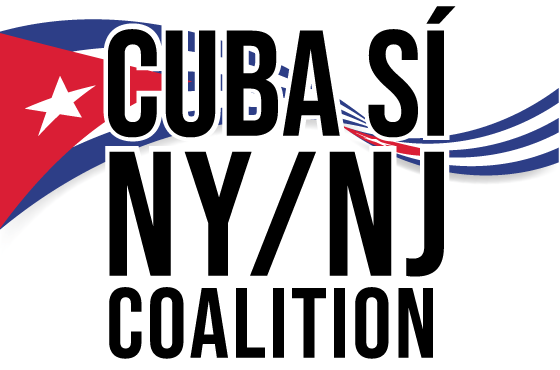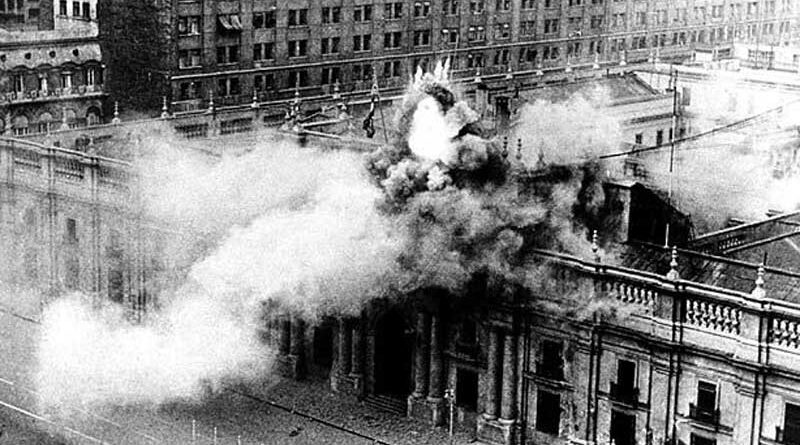The First 9-11: US imperialism triumphs in Chile
This is an edited excerpt from my 2017 essay “The Life of Fidel Castro: A Marxist Appreciation”
CHILE
On September 4, 1970 Salvador Allende was elected President of Chile with a plurality of the vote, 36.6 percent, against two divided liberal and conservative bourgeois parties.
Allende was a leader of the Chilean Socialist Party (SP), a mass working-class party. The SP-led government and coalition, Unidad Popular, included the Chilean Communist Party, another mass working-class party, as well as small liberal middle-class parties and groups.
Allende’s governing coalition in its first year carried out a number of far-reaching and popular reforms, including nationalizing foreign holdings in the copper, nitrate, iron, and coal industries. Land reform legislation, passed under the previous capitalist Christian Democratic-party-led government, began to be implemented, in a political dynamic where landless peasants were already seizing land and working it.
Space was conquered for increased trade union organization and workers won and received under Unidad Popular significant wages increases. A law was passed guaranteeing a daily quart of milk for children. Thousands of political prisoners were released.
Allende’s government re-established diplomatic relations with Cuba in 1971 and quickly developed warm relations with the revolutionary Cuban government. It also spoke out publicly and strongly against US aggression in Vietnam, further infuriating the Richard Nixon Administration.
In subsequent municipal and national legislative elections Unidad Popular increased its vote to up to nearly 50%, up to some 44 per cent in the 1973 parliamentary elections. Class, social, and therefore political polarization sharply increased in this period. The Allende-led governmental coalition faced tremendous pressures and growing right-wing mobilizations from big-business and financial class forces, the Catholic Church hierarchy, and broad middle-class layers in Chile. These forces, in turn, were backed by, and actively collaborated with United States government agencies and spooks. Washington carried out concerted destabilization projects and plots, under the Richard Nixon-Henry Kissinger White House and State Department.
These were widely known at the time, but, many years later, have been officially documented in great detail from records and archives released under the Freedom of Information Act. (Hats off to the diligent work of Peter Kornbluh and the National Security Archive.)
Pathfinder Press published “Fidel Castro on Chile” (New York, 1982 with an introduction by Elizabeth Stone), a comprehensive compilation of speeches, interviews, press conferences, and interactions of the great Cuban revolutionary leader with Chilean workers and trade unionists, peasants, and students from November 10 to December 4, 1971 from his extended visit during the unfolding Chilean Revolution, some nine months before the bloody coup, the defeat and destruction of the Unidad Popular government, and the death in combat of President Allende.
In speech after speech, Castro foresees in a cumulative master class in the Marxist method, the gathering — impossible-to-be-avoided — political, social, and class showdown that was shaping up. He did everything in his power to prevent an historic defeat and slaughter of working people in Chile similar to what Che Guevara had witnessed in 1954 Guatemala.
Patricio Guzman’s classic documentary The Battle of Chile, shot during the Allende years, smuggled out of Chile, and finished in Cuba, shows how factory workers and peasants, ready to defend their gains, sometimes arms-in-hand, waited in vain to be mobilized, organized, and armed as the defense of democratic space and constitutional legality was being abandoned by the Chilean ruling classes and was, in fact, collapsing. For the Chilean capitalists and landlords, leading large layers of the “middle classes,” “democracy” was less valuable and obligatory than the preservation of capitalist state power.
A wave of brutal, bloody US-backed military regimes ruled across the South American continent during this period. Washington’s policies were largely motivated by a hatred and fear of the consequences of any potential extension of the Cuban Revolution. That is, revolutionary Cuba’s appeal to the oppressed and exploited peoples of the Hemisphere to rise up and conquer their national and social liberation. During these dark days of brutal rule by the US-backed militaries and oligarchies it was, in fact, the Cuban “dictatorship” that aided in every way it could – in a non-sectarian manner – the progressive and revolutionary forces defending democratic freedoms, political space, trade union legality, farmers rights, and so on.
Is it any wonder that Washington’s shameless lectures to Cuba on “human rights” and “democracy” are met with such derision and contempt and have been unable to gain significant political traction in this Hemisphere?
Perhaps Washington’s problem with Fidel Castro and the Cuban Revolution is that, to his everlasting credit, the revolutionaries he led did not turn the other cheek, and give in, in the face of imperialist subversion and aggression. Revolutionary Cuba did not turn into 1954 Guatemala or 1973 Chile. They defended themselves and continue to defend themselves. Washington, the European Union “statesmen,” and the big-business media and house pundits call this “violations of human rights.”

